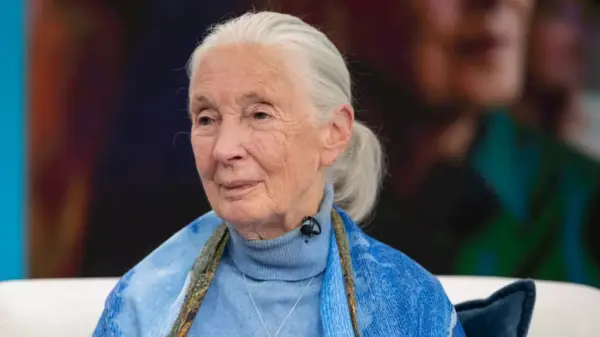The enduring appeal of *The X-Files* continues to capture the imagination of fans, even decades after its debut in 1993. A recent exploration highlights the standout episodes from each season, showcasing the series’ blend of science fiction, horror, and drama. The analysis aims to provide a deeper understanding of the show’s narrative intricacies and character development.
Janelle, a seasoned writer with over a decade of experience in pop culture, offers her insights into the series’ most memorable moments. Her passion for music initially guided her career, but she has since embraced the art of storytelling in film and television. By diving into the complexities of *The X-Files*, Janelle reveals how the series has influenced generations of viewers.
Season by season, *The X-Files* has presented a rich tapestry of storytelling. From the chilling encounters with extraterrestrial beings to the exploration of government conspiracies, each episode contributes to the overarching narrative. The series, created by Chris Carter, has garnered critical acclaim and a dedicated fanbase, solidifying its place in television history.
Highlighting Iconic Episodes
The first season introduced audiences to the dynamic duo of FBI agents Fox Mulder and Dana Scully, portrayed by David Duchovny and Gillian Anderson. The pilot episode, which aired on September 10, 1993, set the tone for the series, laying the groundwork for Mulder’s relentless pursuit of the truth and Scully’s scientific skepticism.
As the series progressed, it produced several standout episodes that became cultural touchstones. Notably, “Clyde Bruckman’s Final Repose,” featuring a poignant performance by guest star Peter Boyle, received critical acclaim for its unique blend of humor and existential themes. This episode, which aired during the show’s third season in 1995, won an Emmy Award for Outstanding Writing in a Drama Series.
Janelle emphasizes the importance of character arcs throughout the show. Scully’s evolution from a skeptic to a believer is a central theme, as she confronts her own doubts and fears. In contrast, Mulder’s unwavering belief in the paranormal serves as a counterbalance, creating a compelling dynamic that resonates with audiences.
The Legacy of *The X-Files*
The cultural impact of *The X-Files* has extended beyond its original run, which concluded in 2002. The series returned for two revival seasons in 2016 and 2018, further cementing its relevance in contemporary television. Fans and critics alike continue to celebrate the show’s ability to tackle complex themes, from government secrecy to the nature of belief.
With its blend of suspense, character development, and social commentary, *The X-Files* remains a landmark in television history. Janelle’s analysis not only highlights the best episodes but also invites viewers to revisit the series with fresh eyes. As new generations discover the show, its legacy endures, reminding audiences of the power of storytelling in exploring the unknown.
In an era where the search for truth is more pertinent than ever, *The X-Files* continues to challenge viewers to question the narratives presented to them. Through Janelle’s thoughtful examination, fans are encouraged to reflect on their own beliefs and the mysteries that shape our world.

































































